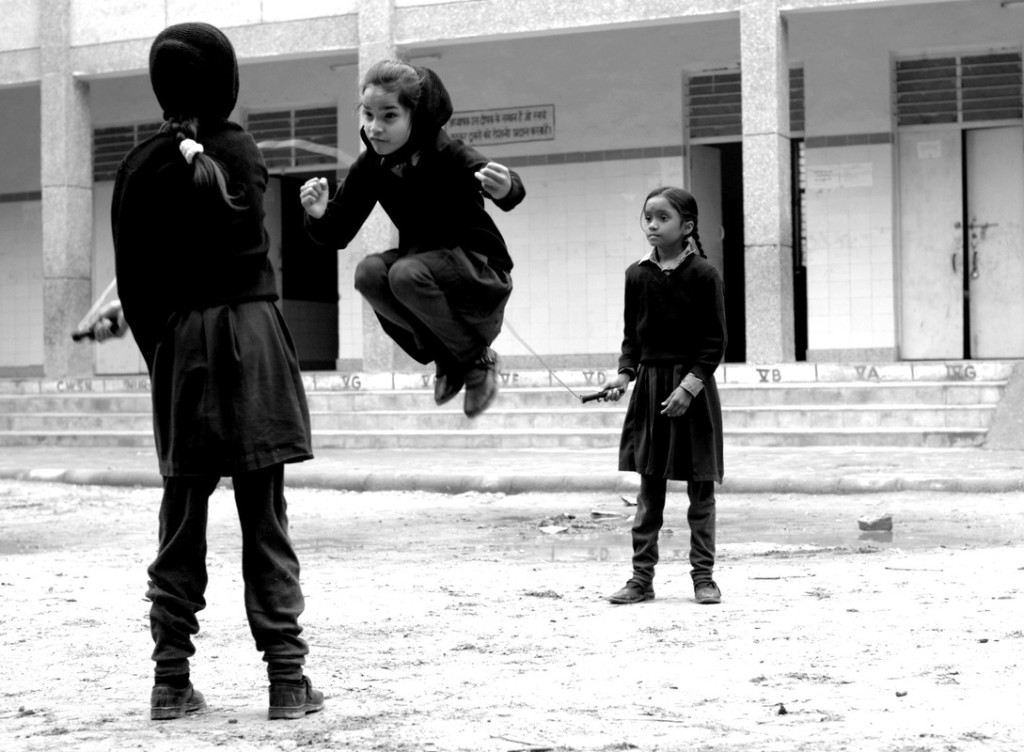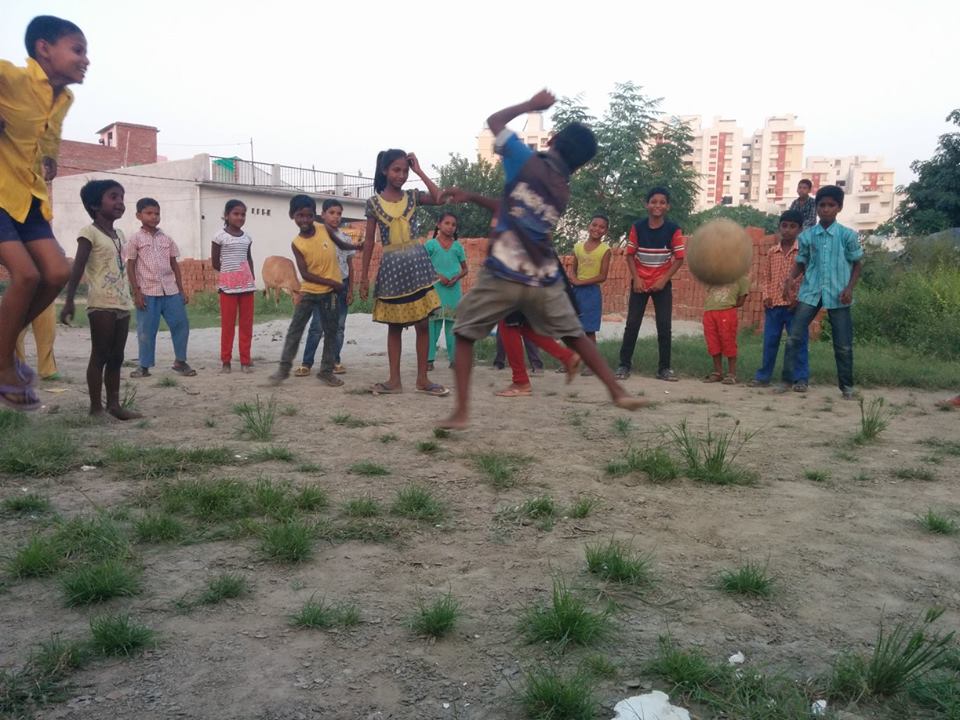Do you walk back home after a long day at work and often wonder why there aren’t a big group of kids playing in your neighbourhood anymore? Really. Where are they? We remember playing outdoors every day in school at recess and after school with nearby friends until our parents had to literally drag us back home to get homework done (ugh) and eat dinner.
Turns out our observations are true. A recent study of 12,000 parents across 10 countries with kids between the ages of 5 and 12 years revealed that 50% of the children play outside for 1 hour or less while one-third of them spend 30 minutes or less outdoors. The irony – there are prisoners at Wabash Valley Correctional Facility in Indiana, USA who are promised 2 hours in the open every day. The sad truth – prisoners are better off than our kids when it comes to play time outdoors.
When one of the prisoners was told how little time kids spend outdoors, here’s what he said:
“Wow, that is depressing. That really is.”
We’re compelled to agree. Here’s an eye-opening video for you:
How did we get here?
Well, there are a fair few factors that have contributed to this phenomenon of reduced outdoor play time, but here are some we have observed:
- More Screen Time: The ubiquitousness of mobile phones, tablets and gaming consoles have brought a new form of ‘entertainment’ within easy reach for a huge percentage of children everywhere. So now, instead of rounding up a group of buddies to play football, dodgeball, tag or lock-and-key, kids are sharing selfies on WhatsApp, getting online and playing multi-player games, or killing free time shooting weird-looking, angry birds across a mobile screen.
- Overzealous Parenting: While it is excellent that parents are more aware of health & safety hazards than ever before, a significant few of us have veered to the other extreme by becoming helicopter or lawnmower parents. It’s alright if our kids get a few cuts and bruises along the way. It’s part of growing up, making mistakes and learning. Why would we want to wrap up all this wonderful, bounding, positive energy in cotton wool?
- Organised Play / Training / Coaching: The race to live our dreams vicariously through kids have taken sports specialisation to ridiculous levels. And the few parents who initially resist the temptation of organized classes and coaching are made to feel like their children are wasting their lives. Why has life become such a rush for everyone, especially for our kids? True, some level of coaching is always useful to hone innate talent, but there must be room for self-organised play where kids are encouraged to explore, experiment and be creative. Can you imagine a childhood being told what to do all the time? Repulsive.
What does being outdoors mean?
Here’s what the prisoners, referred to in the study above, said it meant to them:
“It keeps my mind right, keeps my body strong.”
“My daily outdoors time, I think it’s probably the most important part of my day.”
“Take all the frustrations and all your problems and just leave them out there”
“It’s pretty much the highlight of my day.”
When the prisoners were asked how they would feel if their outdoor time was reduced from 2 hours to 1 hour, one of them said, “It would be torture.”
The prison warden too went on record and said, “I think cutting the offenders’ outside time to an hour a day is potentially disastrous.”
We’re sure there’s a lot of you reading this that identified with what these men had to say. And they are sentiments that resonate with our kids too. Our children need to feel the wind blowing through their hair, soak in the sunshine, goof around, make pretend scenarios, think up their own innovative games, climb trees, get hurt, cry a little, and laugh some more.
In India, there are quite a few not-for-profits doing excellent work to get economically disadvantaged children to go out and play while imparting critical life skills. Project Khel, based out of Lucknow, is one of them, and Khel Khel Mein, operating out of New Delhi, is another. These foundations have introduced thousands of kids to outdoor games and used the power of sport to keep these children constructively occupied.
Here’s a testimonial from a teacher of a child who attends one of Khel Khel Mein’s programs:
“Priya, in my class, was someone who seldom paid attention, was frequently zoned-out and did not really participate in class. But once we conducted the selections for Khel Khel Mein, we realized that she was a terrific football player. We started training frequently and witnessed Priya excelling on the field. This affirmation of faith in her abilities and potential transformed Priya. She became attentive and participative in class, and made sure she completed her work. In fact, she even attended extra classes regularly and started teaching some children from her community as well. I would attribute this change in her personality to sports and the joy she got from engaging in it regularly.”
That’s the power of sport and playing outdoors. Unlike earlier, we’re now in an internet age where we need to make a conscious effort to keep our children outdoors. It’s about time we freed the kids.



Leave a Reply